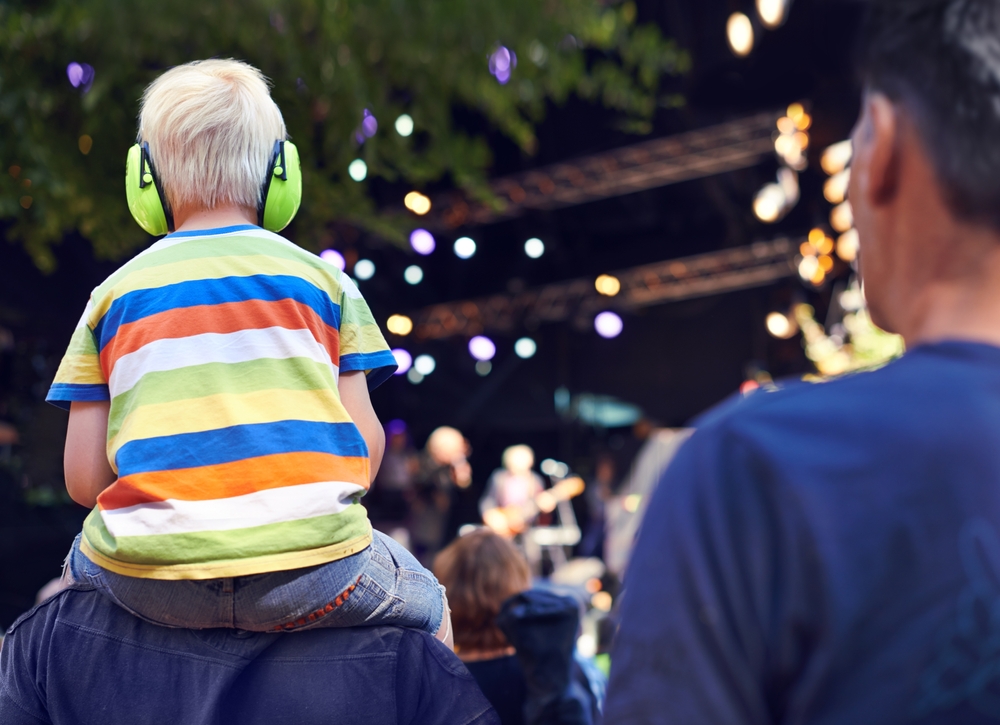
Hearing loss is often seen as an unavoidable part of growing old, but the truth is that much of it can be prevented. In truth, damage from repeated exposure to loud noise is also a leading factor. Every exposure to loud noise, whether at a concert, mowing the lawn, or through loud earbuds, adds up over time, resulting in permanent hearing loss. Preventable hearing loss is not limited to adults either, we’re seeing more and more cases in children as well.
About 34 million youngsters around the world are experiencing hearing loss, and up to 60% of these instances are avoidable. The number of instances in adults is even more startling and desperately needs to be addressed.
Understanding current factors contributing to hearing loss
To tackle the issue of hearing loss, it’s important to understand why it has become so commonplace in today’s world. Numerous factors contribute to this problem, each interrelated and amplifying the danger of hearing damage:
- Technological Advancements: Possibly the most substantial factor in the rise of hearing loss is the popular use of personal audio devices. Earbuds and headphones have made it easier than ever to listen to music, podcasts, and videos. But unfortunately, the tendency to crank the volume up, coupled with the closeness of the device to your ears can cause increasing damage to your ears. The damage is usually subtle, building up over time until it becomes noticeable and permanent.
- Social Environments: Modern social settings, such as restaurants and bars, are usually excessively loud. Many social establishments have adopted the strategy of raising their volume levels to give the illusion of increased success. Cumulative hearing damage can be the outcome of the background noise in these settings, even if there is no live music.
- Population Density in Cities: The population of the world’s cities is heavier than ever before. Along with that denser population comes a louder environment. This increased urban noise, from traffic to construction, has a huge impact on the soaring incidence of hearing loss.
From roaring waterfalls to clattering steam engines, humans have always had to cope with loud noises, but in the contemporary world, new challenges have arisen. Today’s noise levels, combined with the availability of technology, create a perfect storm for hearing loss.
What are some proactive measures to prevent hearing loss?
Given that most hearing loss cases are avoidable, especially in children, it’s perplexing that the problem remains so common. Awareness and personal responsibility are the secrets to prevention. maintain optimal hearing with the following strategies:
- Track Your Earbud Volume: You can conveniently enjoy listening to your favorite media on personal audio devices like earbuds, but they also present a significant danger to your hearing if they aren’t used conscientiously. Many devices allow you to set a maximum volume limit, which can help prevent unintended exposure to harmful sound levels. Lasting damage can be avoided by taking some time to adjust these settings.
- Be Careful About Moderate Noise Exposure: While loud noises are the most obvious danger to hearing, prolonged exposure to moderate noise can be equally damaging. City noise, for example, might not seem harmful in small doses, but over prolonged periods, it can play a role in hearing loss. Knowing that noise damage is cumulative is essential for taking practical measures to protect your ears.
- Implement Technology to Protect Your Hearing: You can monitor whether your environment is getting too noisy by downloading an app that keeps track of outside volume. Utilizing these tools can help you be more tuned in to your environment and hearing hazards it may present.
- Utilize Ear Protection: It’s essential that you use ear protection if you’re going to be exposed to loud noises like a lawnmower or a rock concert. Earplugs and earmuffs are readily available and can significantly reduce the risk of hearing damage. A significant difference can be made by putting into practice this simple and frequently disregarded step.
With hearing protection, knowledge is power
For individuals working in loud environments such as factories or stadiums, safeguarding hearing can be more difficult. But the health of worker’s hearing is being protected by safety regulations that can be somewhat stringent. Work-related hearing loss can be prevented by becoming familiar with these regulations and implementing them.
Essentially, the more informed you are, the better equipped you’ll be to safeguard your hearing. Your knowledge base should include knowing your environment, workplace policies, and willingness to get advice from a hearing specialist if needed.
Consulting with us can give useful insights into your present hearing health and offer customized recommendations for safeguarding your ears. Don’t forget that hearing loss doesn’t have to be an inevitable outcome. It is possible to maintain the health of your hearing and, with the correct precautions, continue to enjoy the sounds of your life for many more years.